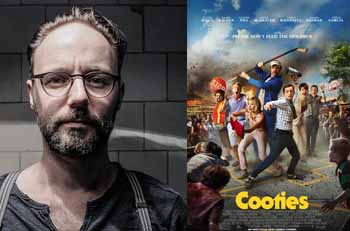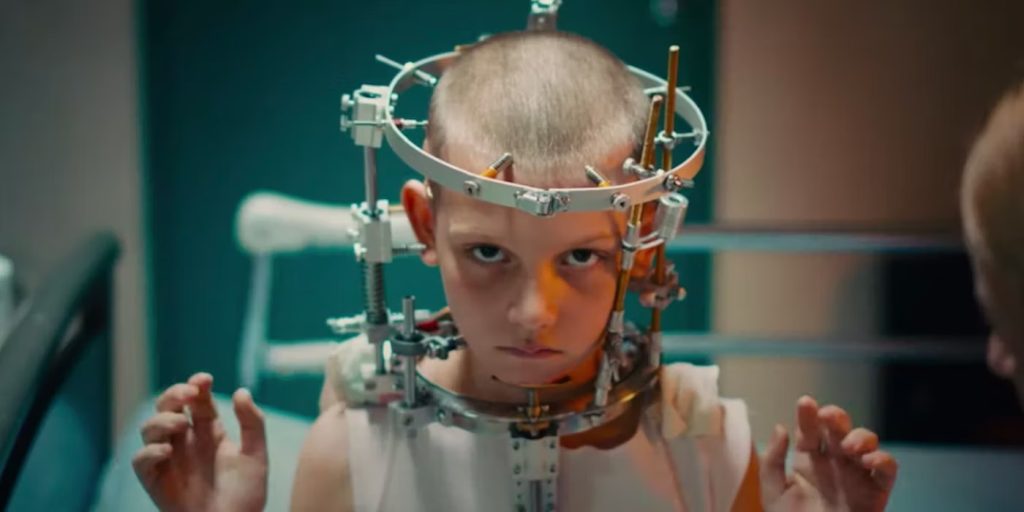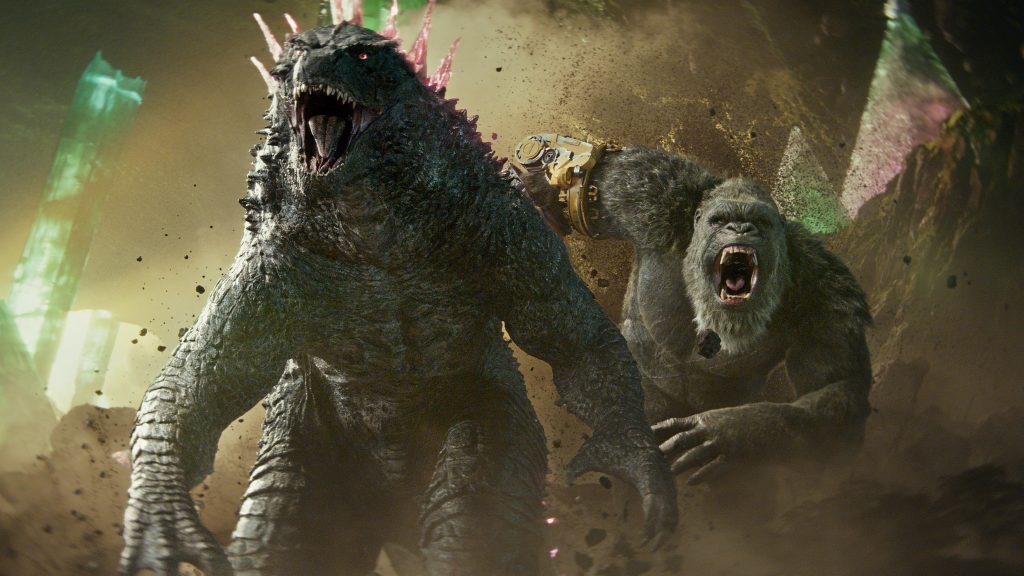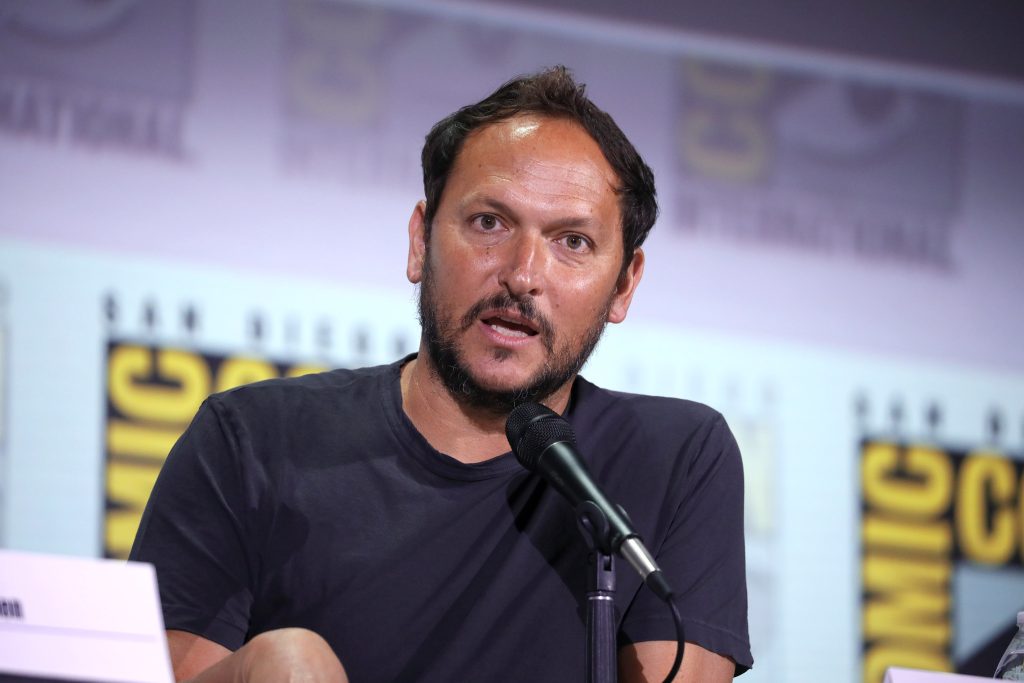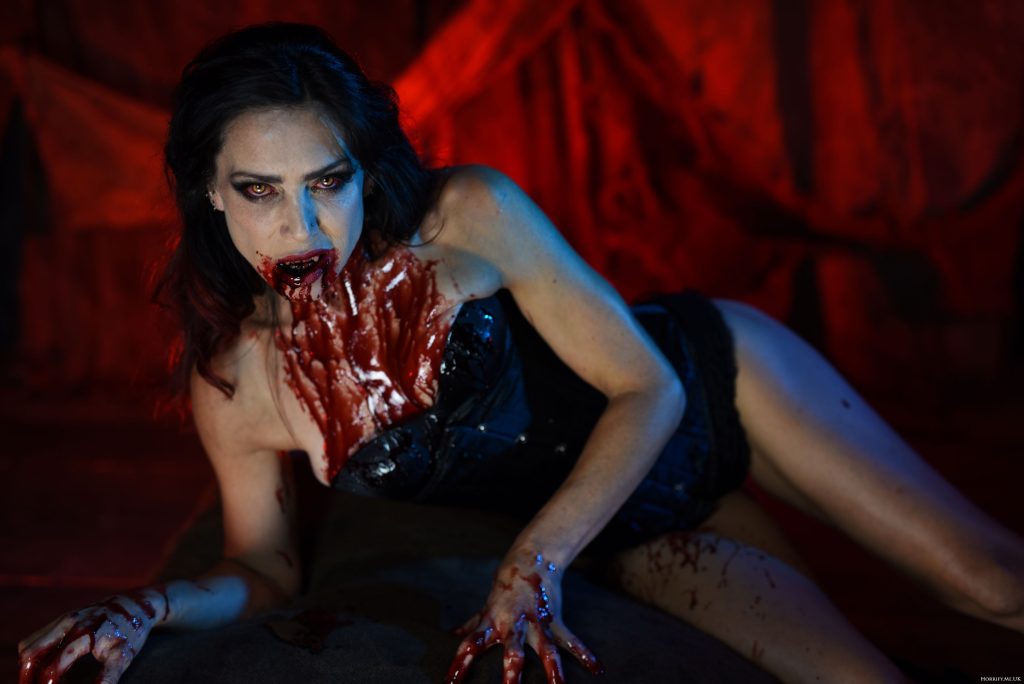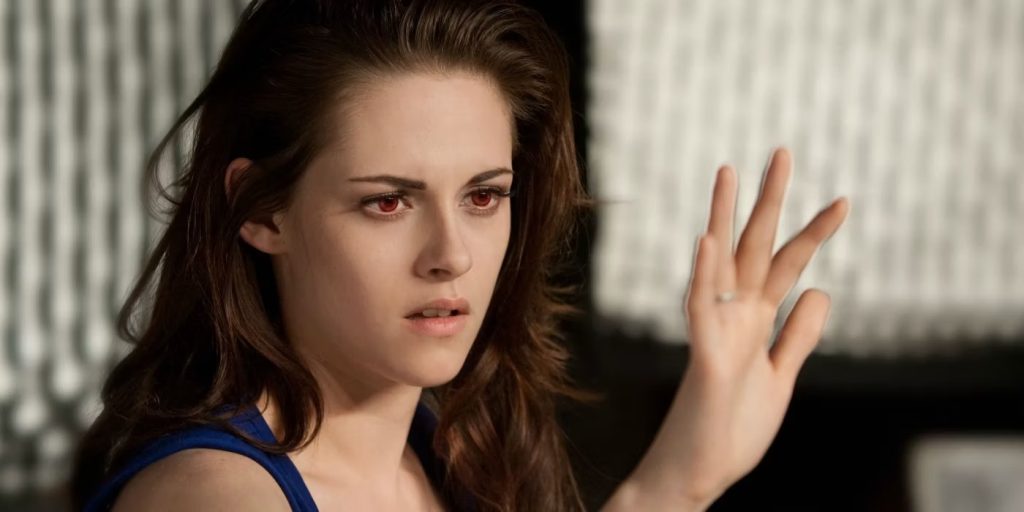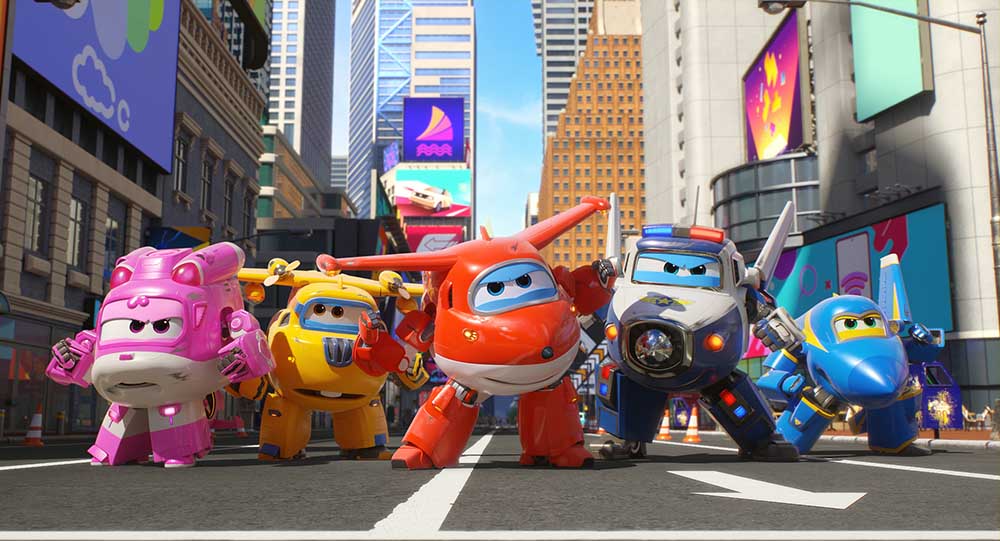 Belgian composer Pepijn Caudron – better known as Kreng – only recently branched out from scoring theatrical productions into film. His first score, for Cary Murnion and Jonathan Milott’s horror comedy Cooties, was one of the highlights of that recent film. His second score, for Josh Waller’s action-thriller Camino, just debuted at Fantastic Fest in Austin, Texas. He was kind enough to chat with us one evening last month to discuss his influences and changing from stage to screen…
Belgian composer Pepijn Caudron – better known as Kreng – only recently branched out from scoring theatrical productions into film. His first score, for Cary Murnion and Jonathan Milott’s horror comedy Cooties, was one of the highlights of that recent film. His second score, for Josh Waller’s action-thriller Camino, just debuted at Fantastic Fest in Austin, Texas. He was kind enough to chat with us one evening last month to discuss his influences and changing from stage to screen…
STARBURST: How did you come to do the Cooties score?
Kreng: Two years ago, I was approached by SpectreVision. They were looking for a way to expand their roster. They had these certain artists – Jóhann Jóhannsson, for example – and they all fit in this certain area of music. They put together lists of what they were missing – what they didn’t have yet – and I appeared on a couple of those lists. Then, they asked if I wanted to join their management.
I said, “Of course – but let’s sniff each other for a bit before we go into signing thick contracts and stuff like that.” I used to play in rock bands, and you know how rock bands are used to getting screwed over by the music industry. So, I was a bit reluctant of going into that.
But, they had me do a demo for Cooties, and that’s how I landed the gig.
Had you seen the movie before starting work, or was it more working from the script?
I have never seen the script. I came on Cooties in a very late stage. The movie was very close to a final cut when I saw it, and that was before I started writing any music. I basically did the whole thing in like, the last six weeks post-production. I started from a cut that was nearly final, and once I was two weeks into writing, I got my final cut, and worked from the cut itself – which is, of course, better than having to write from a script, because I’ve had a lot of experience doing scores for theater and dance, and that is very different than writing for movies.
In theater and dance, time is actually a very fluid thing. In cinema, it’s not. It’s very fixed. If you want to accent a guy putting a cup down on a table, it’s always going to happen at the exact same spot. 14 minutes, 20 seconds, and 6 frames: it’ll always be there. It’s very specific, scoring for film, so if you have a final cut, it really helps a great deal.
It seems like there was a very specific style you were going for. The opening titles are very Omen-esque, but also whimsical. For example, is that a kazoo orchestra in there?
I had all the vocal parts done by a kids’ choir. This was not actually my idea. It was Josh Waller’s idea. He’s a producer – one of the three guys from SpectreVision. I was just doing sketches for the film, and I ended up with a choir, and I don’t know why. I think it has to do with liking Danny Elfman and stuff like that. The opening, to me, is also like a tribute to the opening scene of Beetlejuice.
So, I had these kids come in and sing all their parts, and then at the end of the recording session, we had like 15 minutes left, so I quickly ran to a music store and bought 15 kazoos for these kids, and I say, “We’re going to do these parts again, but with kazoos!” It was just a lucky shot. I had no idea if it would work, but it totally did. I’m so happy with these accidents that you just bump into. It was not planned. It was a very spontaneous thing that just happened.
What we really liked about the score is that the children’s instruments make repeated appearances within it. I’m thinking of the music box during Trike Girl or what sounds like a toy piano in the opening titles.
There’s also a cue called The Playground, which reminds me of music class when I was young. When I was like, 12, we had music education, and we got these Orff instruments. There’s a composer called Carl Orff, who did Carmina Burana, and he did musical education, as well. He designed all these instruments that are very easy to play. Like, percussion instruments, very easy flutes, and pocket trumpets – stuff like that. We had classes that were based around those instruments, and they made us do arrangements with those.
Even though they are very easy to play, you still end up with a classroom of random people, some of whom have a feel for music and some who do not, and it just sounds like shit. Incredibly out of tune, out of rhythm, with no sense for collective music-making at all. That’s what I tried to do with The Playground: I wanted to find a way where you feel that school environment in the score. I want the audience to feel they’re back in school, in a way.
We’re curious as to how you balanced those childlike sounds with the more action oriented pieces.
I think that most of that was just inspired by what’s happening on screen. When there was room for innocence, I feverishly took it, because even though the movie has a lot of comedy in there, the movie also has some brutal moments, as well. I really wanted to accentuate that, but I never wanted to lose the lightness of that movie. I could make it dark – very dark – but it just wouldn’t gel well with the genre, because it’s a genre film. It’s a horror comedy, and I wanted to keep it light in a certain way, so I would keep these naive kid sounds, but when it needed to be brutal, I went full-force, yeah.
This balance, it’s not a pre-mediated thing. It’s just something that you work intuitively on and at the end; you just hope that it’s right. You go with your gut, and you hope that everything works out right.
In the transition from stage work to screen work, what are the changes that one makes? You referenced the fact that scoring for screen is very definite, but is there an advantage to the plasticity of stage versus the static nature of scoring for the screen?
Well, in Belgium, you’re working in a subsidized system, so if you break even, you’re doing all right. When you write for a company like SpectreVision, there’s a lot of money involved, and responsibility involved, which means you can’t take risks. A company like SpectreVision pushes me to take those, but on the other hand, you can’t go too far with that. You have to make sure it still works for a certain audience they have in mind. So, there is a big difference between writing for stage and writing for film.
Do I have a preference between those two? I don’t think so. Writing for film is more of a craft than an art, and it doesn’t necessarily have to be a bad thing. I mean, I love people who master their craft. There is nothing like a carpenter, in a way.
Is something like your recent live score of Bergman’s Hour of The Wolf at Spectre Fest a way of bridging the two?
Yeah, I think that it’s somewhere in between, because you don’t have so much responsibility toward the commercial success of the end product, and I can take a bit more risk there. Basically, because this movie is already made, and it’s already had its run, I can take it as a bit more for granted thing, where I can do with it whatever I want, without the interference of a producer or an exec or another director. It’s a lot more autonomous thing that working on a thing like Cooties.
You have to realise that Cooties had two directors and five or six producers, and you have to please all these people and, at the same time, you have to deliver a product that you are satisfied with as an artist. Finding that balance is a huge exercise for me, especially because Cooties was my first full feature film.
What lessons can you take ahead from your first experience scoring a film?
Well, I just did my second now, last month. I felt that I was a lot more confident in what I was doing, the second time around. The first time that you do anything, you’re a bit nervous. But what have I learned?
Basically, what I’ve learned is that this is what I really want to do. I love making autonomous music, like my albums, but what I like about film is that it’s such a complete art. You have writers in there, costume designers, lighting, people in post-production who do such amazing things, like sound design. Shading, grading – there are so many people involved, and they’re all striving toward making this one thing come true. I like being part of that.
Making autonomous music is great, but it’s also nice to be inspired by things that get thrown at you. I’m actually very thankful that is happening, because a white page still is a very frightening thing. When you write for film, there is already something on that page, and I just find it very inspiring.
You can find out more information on Kreng by following him on Twitter or by visiting his Facebook page. Read our review of COOTIES here, and the soundtrack here.

